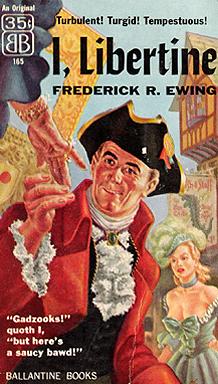Kiernan, Caitlin - The Ammonite Violin And Others
Generous collection of stories that first appeared in Kiernan’s (still ongoing) Sirenia Digest. Most seem to have roots in fable, once upon a time, old wives tales. Deep roots, at that.
“Bridle” touches upon Irish myth. Not the Silkie, but the Kelpie. Harnessed to the obscure pond in the city park. Restraint leashes yearning. A trapped force, making promises and threats.
The Silkie takes stage in “For One Who Has Lost Herself.” She is downtown Manhattan, amidst chaos and rabble. She seeks, she has a claim, for a possession that has been stolen from her, something precious. This is a deeply satisfying work, encompassing quest and bitter life lessons.
“The Ammonite Violin” is conte cruel. The obsessive collector, ever hunting, raking, seizing if necessary. Repulsive, yet he does pay so handsomely. He has a unique violin constructed, then hires the abandoned musician. As with many stories here, loss is spliced with tear-stained discovery.
We eavesdrop in “Scene In The Museum (1896)”. The uncomfortable exchange between an old woman, curator, now blind, and a wharf prostitute, who sees more than she reveals, yet still permits herself to be exploited. Listening, overhearing, often incurs the same cost as observing, witnessing. Ask Odysseus, ask Orpheus.
With each issue, Kiernan tightened her lens, selecting works that would best serve Sirenia. Stories grow in strength and clarity, making this a choice ADULT collection to track down.

